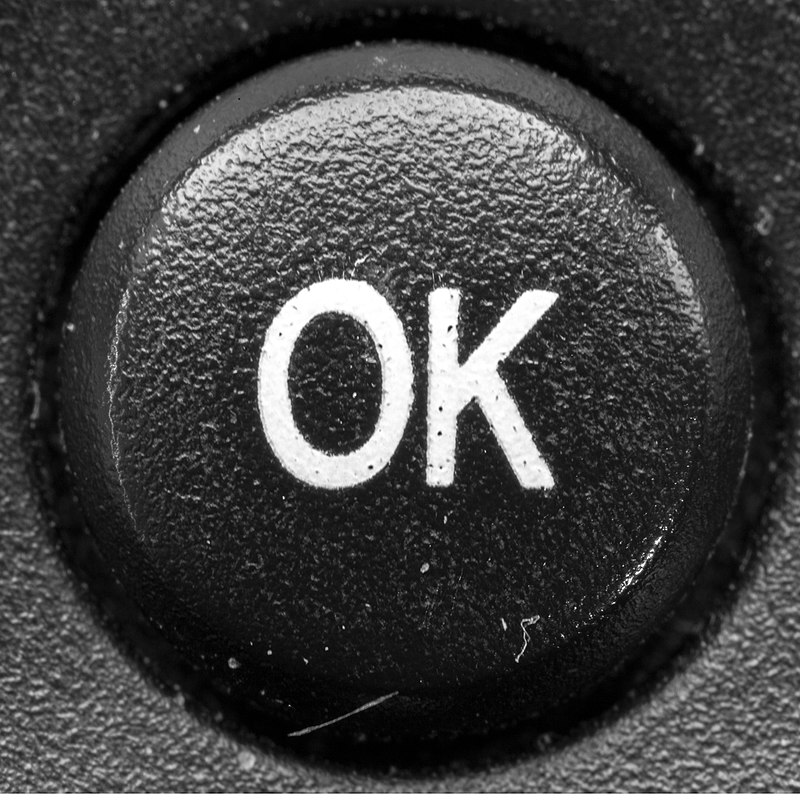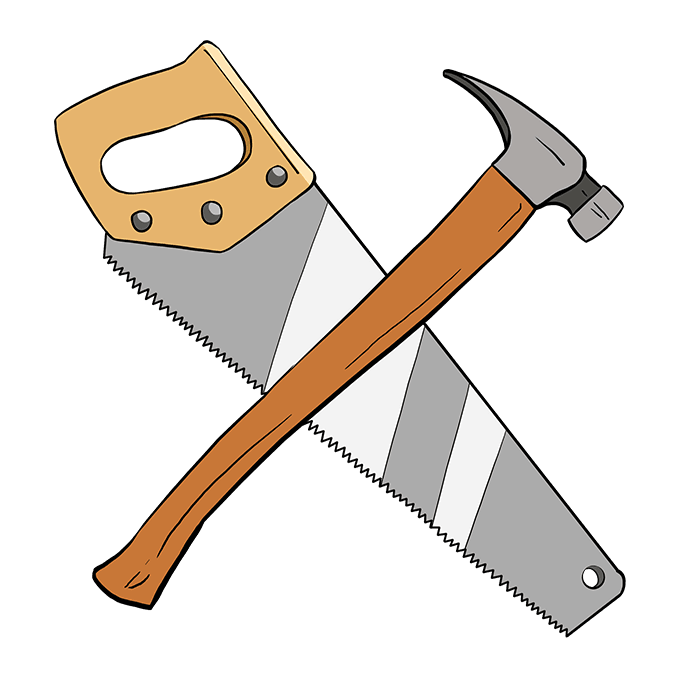here is some free and unsolicited advice. agree/disagree?
situations you will want a cordless drill:
- you are working where there is not guaranteed convenient electricity available
- you need to be extremely mobile and a cord would be hazardous or very inconvenient
- wet environments? idk
examples: rough construction, outdoors, drywall racing
benefits of a corded drill:
- no batteries to charge
- no batteries that can be stolen
- no batteries you can lose or break
- no need to plan around charging batteries
- no batteries which allow the manufacturer to twist your arm into buying a new device when the old one works just fine; less susceptible to planned obsolescence
- no batteries to weigh the tool down: lighter and more comfortable to use the tool and better balance
- tool is smaller and easier to use in cramped situations
- don't need a case, charger, extra batteries or other junk
- one less thing to go wrong; more repairable if it does
- more powerful
you are in a comm called "DIY" = you are probably always working near a power outlet and not going very far. consider a corded drill instead of mindlessly going cordless.
Make sure you get a decent extension cord. I used heatshink tubing to add an extra 6ft to my cord, that makes it long enough for many applications. Sometimes I tie on an extra one.


For most tasks the power of a 12V or 18V battery drill is fine and the batteries are actually a convenience because you don't have to mess around with extension cords and positioning the cord out of your way.
Point-by-point for the corded drill:
Charging batteries has never been a hassle for me, it's definitely easier than extension cords.
It's definitely true that cordless stuff is a bigger target for getting stolen, including batteries.
Sure but cords can fray or get cut or melt so I think this is a wash.
This is true if you're spending many hours every day using these tools but at that point you'd just have reserve packs because you're a pro.
This doesn't seem to happen very much, the different battery packs stick around for a very long time. There's also solid aftermarket options.
In my experience cordless tools are lighter both because you don't have to carry part of the cord weight and because manufacturers know you'll be carrying them around and design them to be lighter. They also all offer smaller capacity batteries for the situations in which you want light tools, like for plumbers.
Cords suck in cramped situations. Battery powered tools you can use with one hand are now industry standard because they're way better for this.
Traditionally you did still need a case for corded power tools you're lugging around or trying to keep dust off of. I think it breaks even between having to carry cords around vs. batteries. Consider this: 7 corded tools have 7 cords but you probably only need 5-6 batteries for 10-12 cordless tools to have them work all day long + have 2 charging at any given time.
The batteries are pretty simple commodities and don't add much complexity. Just throw out a bad one and buy a new one or sell them to someone to refurbish.
You make a good point about power! If you want to use various attachments, e.g. an abrasive disc, the difference in power between a 12V battery drill and a corded drill makes a huge difference. Though not so much for a 36V or 40V battery drill.
There are all intresting points. I get the vibe that it might be for more pro useage? Like having 7 to 12 tools. I have 1 power tool I do much with and it's just the drill. There's a few more I'd like to pick up but I haven't needed them so far. So I get by with hand tools. I'm thinking of people in my situation which is "DIY". Pros have their own systems going on. Maybe this makes sense for them
If you are an occasional user do you just leave it charging 24/7 in case you need it? Doesn't that cost on the power bill? Or you leave it un charged and then charge it prior to use? Sometimes i don't touch my drill for 6 months then I pick it up and use it for 16 hours 3 days in a row. Am liable to find out after 7 hours that it just don't have the juice anymore? My experience with batteries is they don't like to be left for a long time.
I would be more comfortable with cordless tools if they came with a power cord you could use instead of a battery. Like a conversion unit. I looked into DIYing that any it was above my pay grade.
Chargers will bring a battery to full, then disable the charging circuit. Theyll monitor the battery voltage, and assuming its on the charger just sitting for months (it takes a long ass time for unused good cells to lose enough voltage to kick the charger back on. A milwaukee 18v slow charger pulls about 250-300 watts, which isnt much) the charger still uses some power when plugged in and not charging, but very little. I would imagine maybe 50 watts or less.
Also lithium cells have a charge/discharge life span. Think roughly 300-350 charges before degraded wnough to warrant replacement. That means that one battery pack, charged daily, will last about one year before it could stand to be replaced.